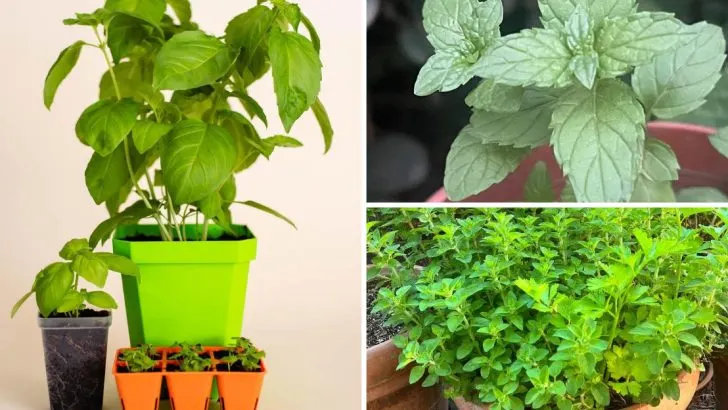Winter cooking can sometimes feel like a challenge when fresh ingredients are harder to come by. But there’s no need to settle for bland meals! Growing herbs indoors is an easy and rewarding way to elevate your winter cooking, bringing fresh, vibrant flavors right into your kitchen.
Plus, having homegrown herbs on hand means you’ll always have the perfect seasoning for your dishes, no matter the season.
In this article, we’ll introduce you to seven herbs that are perfect for growing indoors during the colder months. Whether you’re a seasoned cook or just starting, these herbs will add exciting new flavors to your meals while brightening your winter days.
Basil
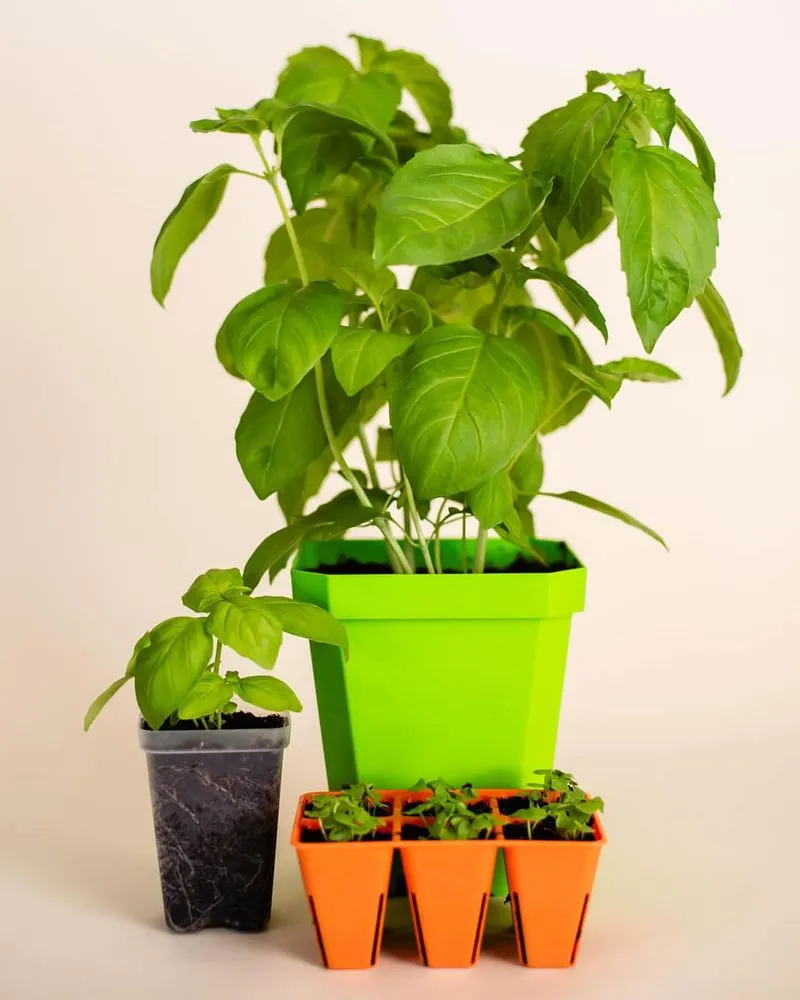
Basil is an aromatic herb that adds freshness to any dish. Thriving in a sunny spot, basil grows well indoors when provided with ample light. A south-facing window is ideal for ensuring its vibrant leaves remain lush. Regularly pinch off the leaves to encourage bushy growth and prevent flowering.
Perfect for topping pizzas or blending into pesto, basil is versatile and delightful. Water the plant when the soil feels dry, but avoid waterlogged conditions. This herb prefers a warm environment, so keep it away from chilly drafts. With minimal care, basil can flourish inside throughout winter.
Mint
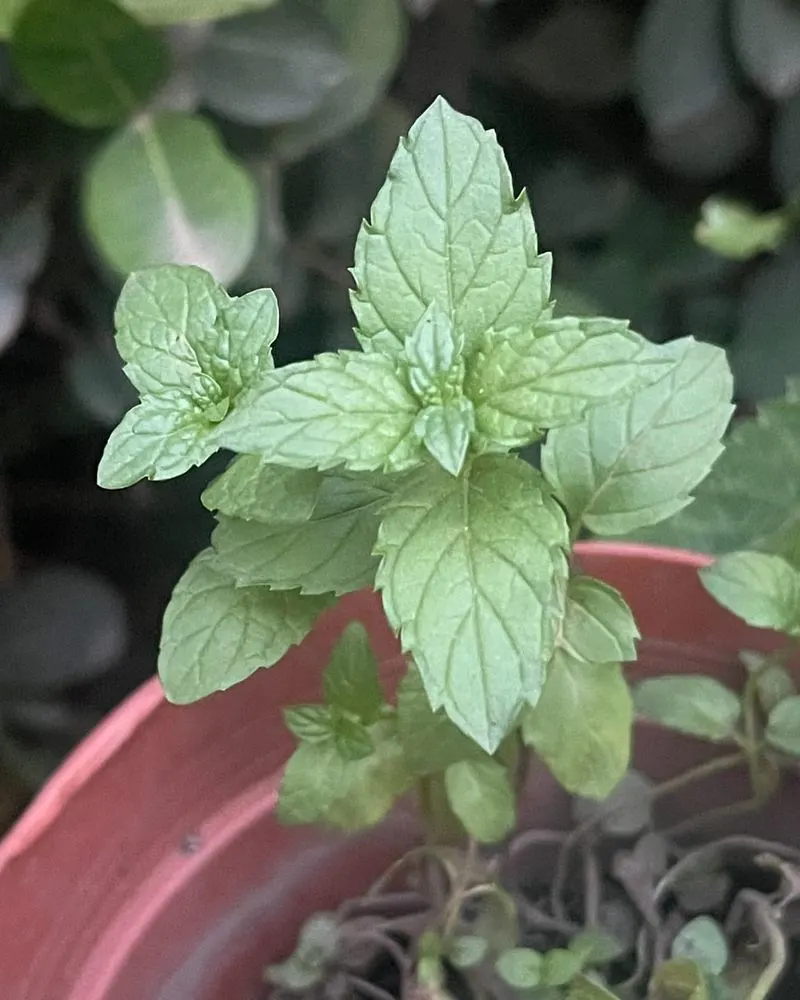
Refreshing and fragrant, mint is a fantastic choice for indoor growing. It’s adaptable and forgiving, flourishing even in indirect light. Use it to brew soothing teas or add zest to desserts. Plant mint in a spacious pot to prevent it from becoming root-bound, and ensure good drainage.
Regularly trim the plant to keep it bushy and vibrant. Mint’s aggressive growth means it can quickly overtake other plants, so consider giving it a dedicated space. Its delightful aroma not only enhances dishes but also freshens the air in your home. Keep it moderately moist for vibrant growth.
Thyme
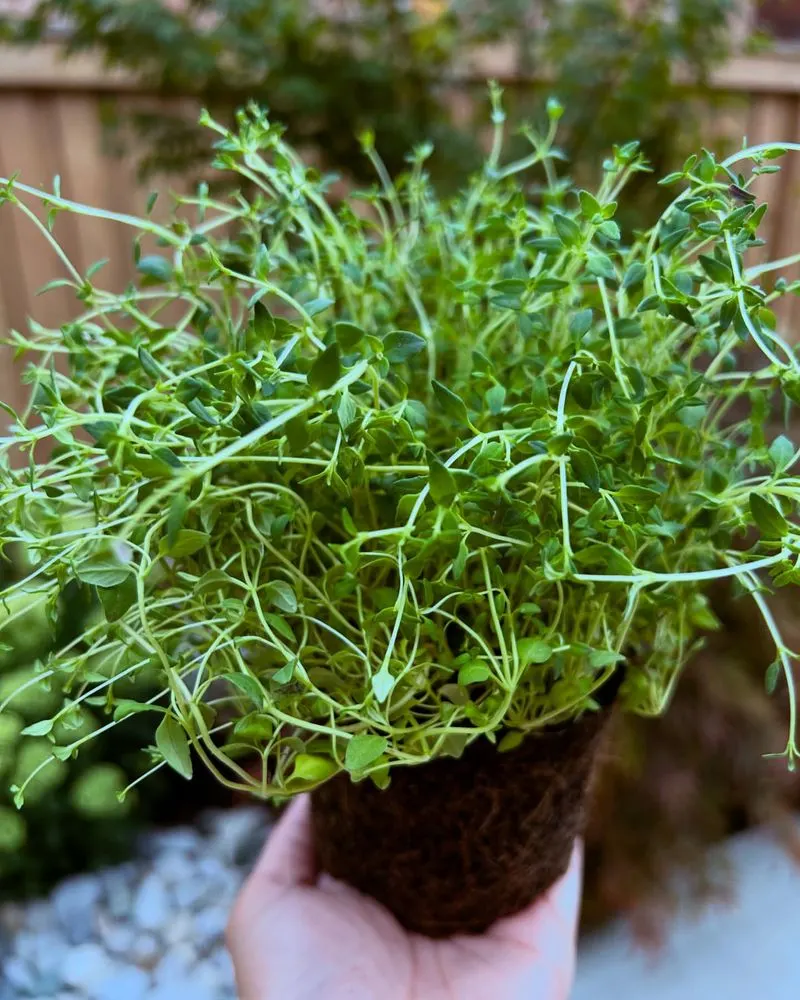
Thyme brings a subtle earthiness to various cuisines, making it a staple in winter cooking. This hardy herb thrives in well-drained soil and needs minimal attention. Place it where it receives plenty of sunlight, and it will repay you with fragrant leaves.
Thyme pairs beautifully with roasted vegetables or simmered stews, infusing a rich, complex flavor. Trim it regularly to promote new growth and prevent woodiness. Its compact growth habit makes it ideal for smaller spaces. With patience and care, thyme will provide a continuous supply of flavor to your culinary creations all winter.
Rosemary
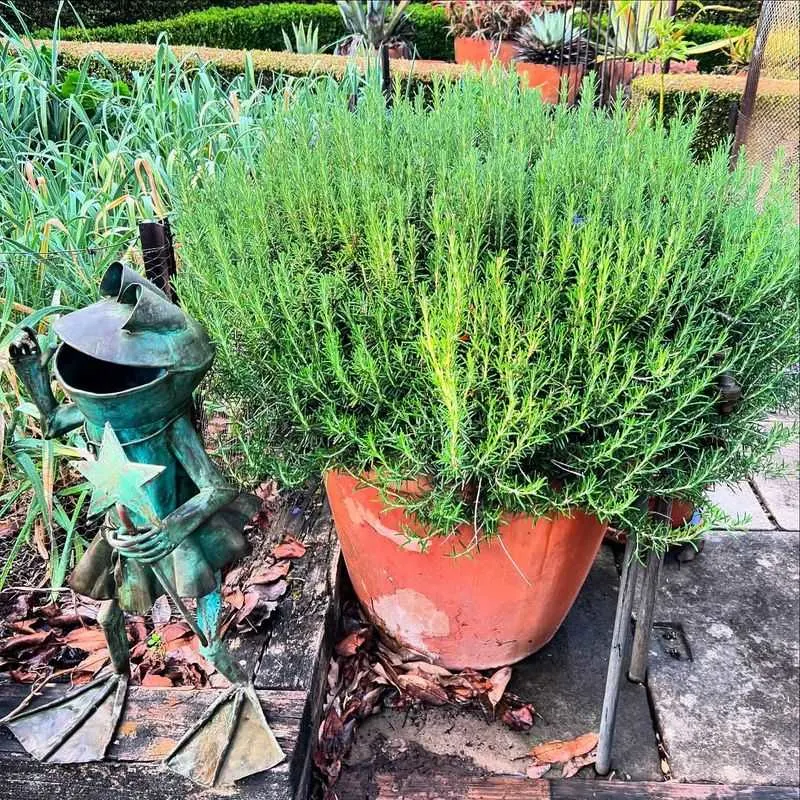
Rosemary’s woody stems and aromatic leaves make it a cherished herb in the kitchen. Known for its resilience, rosemary prefers bright light and well-drained soil. A sunny windowsill is perfect, where it can bask in light for at least six hours a day. Use its flavorful sprigs to season meats or infuse oils.
Keep rosemary’s soil slightly dry, avoiding overwatering, which can lead to root rot. This herb’s robust nature means it can thrive even in cooler indoor temperatures. Regular pruning will maintain its shape and encourage new growth, ensuring a fresh supply through winter.
Parsley
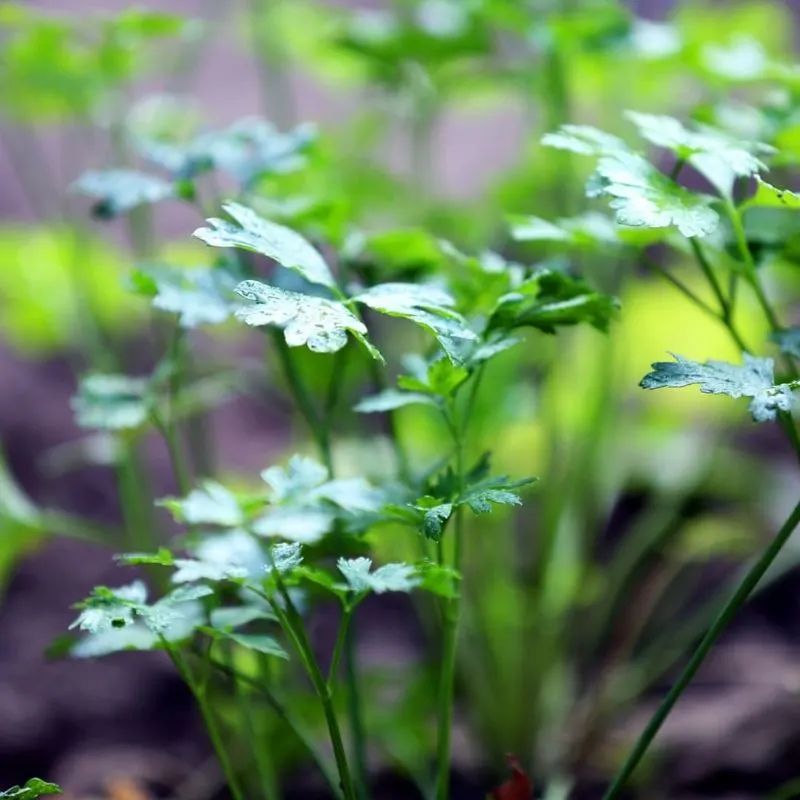
Parsley is more than just a garnish; it’s a nutrient-packed addition to your meals. This biennial herb grows well in indirect light, making it suitable for most indoor spaces. Rich in vitamins, parsley adds brightness to salads and depth to sauces. Keep its soil moist but not overly saturated.
Trim it often to encourage fresh growth and prevent it from bolting. Ideal for cooler, indoor temperatures, parsley provides a fresh burst of flavor during winter. Its gentle flavor complements a wide range of dishes, making it a versatile addition to your indoor garden.
Chives
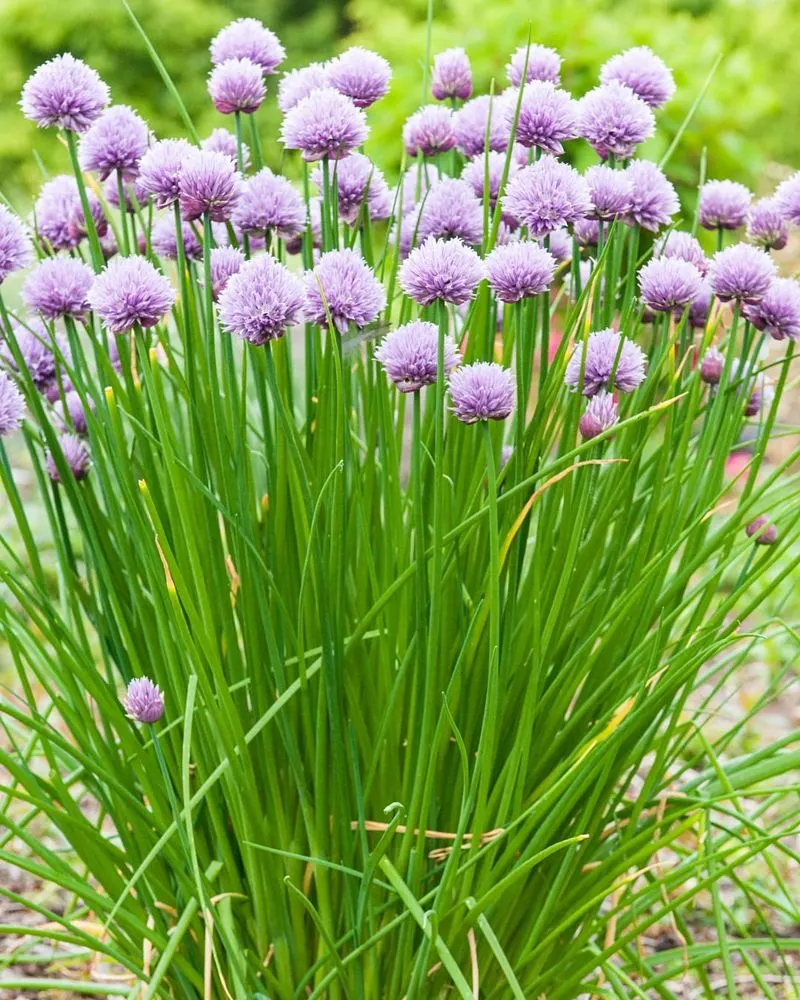
Chives offer a mild onion flavor without overpowering dishes, making them perfect for indoor cultivation. Place them in a sunny spot where they can soak up adequate light. Their slender, green stalks are ideal for garnishing soups or baked potatoes. Water chives regularly, keeping the soil slightly moist but not soggy. Chives grow relatively fast, allowing for frequent harvests.
Trim the leaves close to the base to encourage new growth, ensuring a constant supply. Their delicate flavor enhances many recipes, making them a practical choice for a winter kitchen garden. Enjoy their subtle taste all season long.
Oregano
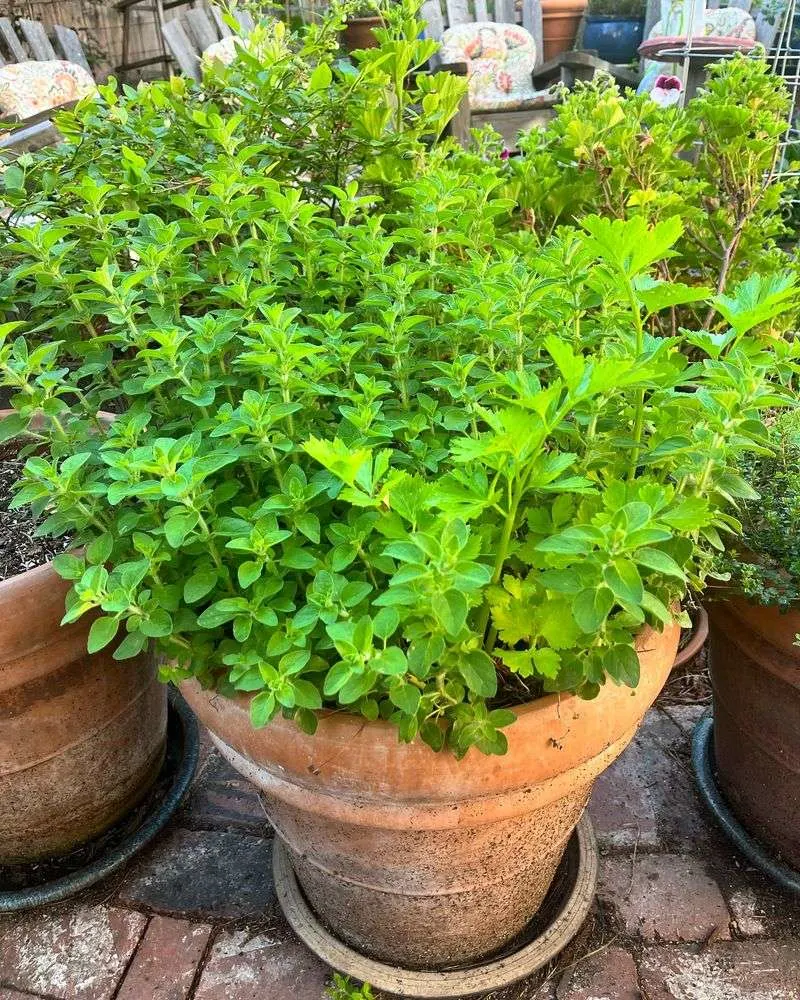
Oregano is a perennial favorite in Mediterranean cooking with its robust flavor profile. Growing it indoors ensures a steady supply for pizzas and pastas.
This herb loves sunlight, so place it on your brightest windowsill. Oregano thrives in well-drained soil, and its leaves can be harvested as needed. Regular trimming promotes bushy growth and prevents legginess. Unlike some herbs, oregano is quite forgiving, tolerating occasional neglect.
Its strong aroma complements hearty winter dishes and adds a Mediterranean flair. With minimal effort, oregano will flourish indoors, offering a taste of summer throughout the colder months.

